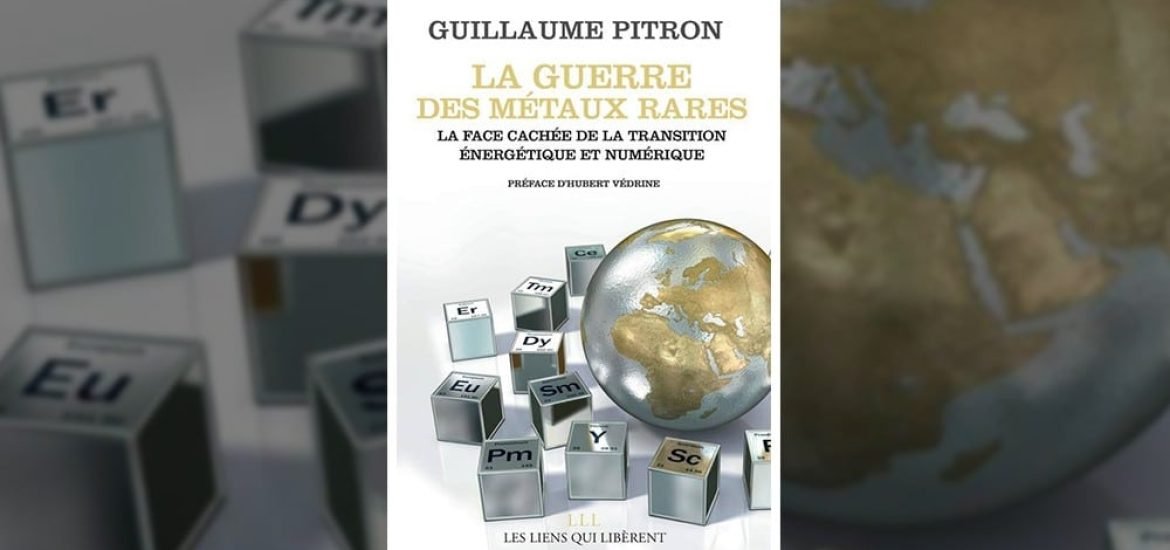
French Writer and analyst Guillaume Pitron warns about growing reliance on rare-earth metal – which are necessary to build high-tech products – in his book La guerre des métaux rares (The war of rare minerals). He shines a light on “the untold story” of the energy and digital transitions.
The energy transition and the digital revolution have become so unavoidable in our daily lives that most of us must feel we know everything about them. However, much is still ignored about the environmental costs of this massive shift in our lifestyles. In his new book, French journalist Guillaume Pitron tells the “untold story” of the energy and digital transitions. As the debate surrounding the effects of fossil fuels extraction and exploitation on the environment has taken the forefront of many environmental conversations, our societies have looked into new, cleaner alternatives: wind farming, solar power, electric cars – all one big “mystification” according to Pitron.
In his book, La guerre des métaux rares (The war of rare minerals – Les Liens qui Libèrent) he warns about the risks of designing energy transition plans “only theoretically”. As a consequence, the environmental footprint of “green techs” was widely overlooked. In fact, they are making us depend more and more on “understated but crucial” rare-earth metals (REMs). Graphite, cobalt, indium, platinoids, tungsten… They can be found in our electric car batteries, wind turbine, solar panel, smart phones, computers, tablets – and all connected devices we use on a daily basis. They are so ubiquitous some call them « the next oil ».
No case, however, is made of the very polluting extraction process of such minerals. Western nations can ignore the phenomenon as the mining and transformation of REMs takes place in distant countries – mostly in Asia. The book paints a bleak picture of the situation: “Our quest for a new growth model has led to further mining of earth’s crust to extract rare metals, with environmental impacts worse than oil extraction.”
The book also sounds the alarm about our growing dependency on countries that either possess or process those REMs – especially China, which has “developed an impressive long-term strategy” to take over the industry, significantly deepening ties with Africa. In the process, we are losing control over our most sophisticated technologies (both civilian and military). “As humankind embraces the global quest for are metals, underpinned by the cyber and green transitions, dissent and tensions are bound to increase. This will not put an end to geopolitics of energy, but rather intensify it,” Pitron forecasts.
Guillaume Pitron is a journalist specialised in the geopolitics of energy and raw materials. He writes for Le Monde Diplomatique, Géo and National Geographic. He is a regular advisor for the European Commission and French Parliament.
This post is also available in: FR